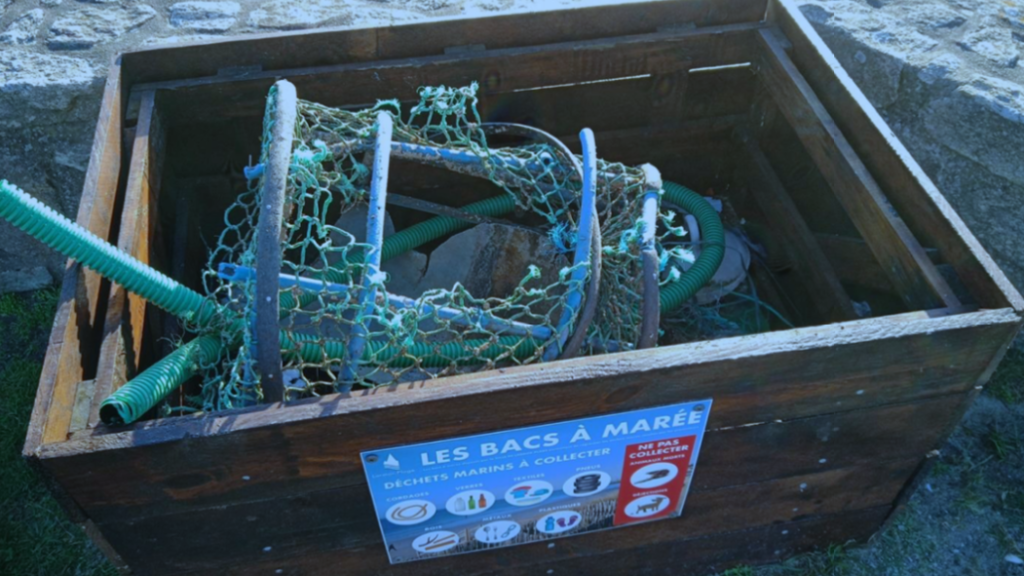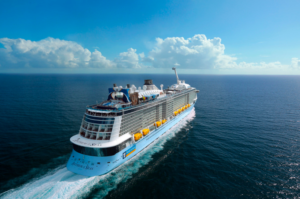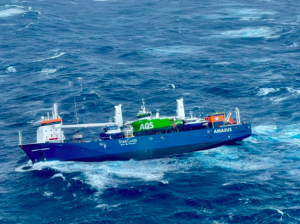Citizen science project to monitor discarded fishing gear

A new app, Fish&Click, developed by Ifremer (French Research Institute for Exploitation of the Sea) as part of the INdIGO project, is enabling people to contribute to an inventory of lost fishing gear found at sea and on the shore. It’s hoped that this action will help to reduce the impact of plastic pollution generated by the fishing sector on marine ecosystems.
People are asked to keep an eye out for nets, traps, ropes, lines, anchors or buoys and log them on the app.
Once Fish&Click is filled-in with place, date, and category of the material found, the organisers ask that people pick up the gear and dispose of it responsibly.
The recordings will create a statistically solid and usable database. From this, a map will be created to determine the distribution of plastic marine litter generated by fishing activities and an inventory of the situation in the Channel area will be developed, forming a baseline to check whether the challenge of reducing plastic pollution from fishing in the study area by 2030, has been met.
The INdIGO project, led by University of Southern Brittany, is aiming to develop biodegradable fishing gear to reduce plastic pollution.
“In 2018, fishing gear (nets, traps…) represented 27% of the plastic marine litter found on European beaches,” says Laetitia Miquerol, project lead at Ifremer.
“At sea, they are responsible for what is known as ghost fishing and continue to trap marine animals when they are lost or abandoned. Another undesirable effect is that due to wave action and UV rays, they break down into microplastics that marine species can ingest. They thus affect the health of the entire food chain in the ocean.”










